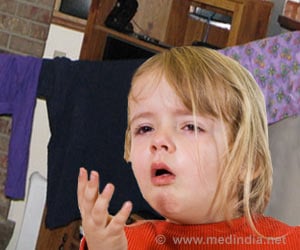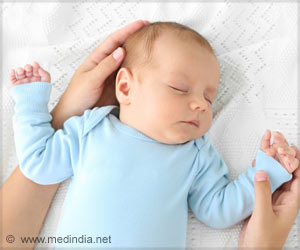Babies who have been nursed by their mothers are less likely to have certain cardiovascular disease (CVD) risk factors in adulthood than their bottle-fed counterparts, researchers reported at the American Heart Association's Scientific Sessions 2007.
"Having been breastfed in infancy is associated with a lower average body mass index (BMI) and a higher average HDL ("good" cholesterol) level in adulthood, even after accounting for personal and maternal demographic and CVD risk factors that could influence the results," said Nisha I. Parikh of the Beth Israel Deaconess Medical Center in Boston, Mass, and the author of the study.The study, which used data from two generations of participants, showed that middle-aged adults who were breastfed as infants were 55 percent more likely to have high HDL cholesterol than low HDL cholesterol.
After adjustment for various factors that could potentially influence the results, breastfed offspring had higher average HDL cholesterol levels in adulthood.
The breastfed infants also had a significantly lower mean BMI in adulthood: 26.1 kg/m2 vs. 26.9 kg/m2 for bottle-fed infants. Adults with a BMI higher than 25 are considered overweight and are at increased risk for cardiovascular disease.
"This was a modest reduction in BMI, but even a modest reduction leads to a significantly reduced risk of cardiovascular disease-related death," Parikh said.
Breastfeeding was not associated with any other adult CVD risk factor. Parikh said she got the idea for the study after returning from maternity leave.
Advertisement
"The findings show that early environmental exposures have long-term health effects," Parikh said. "They also underscore that atherosclerosis and cardiovascular disease are life-course diseases that have their roots early in life."
Advertisement
SRM/V








